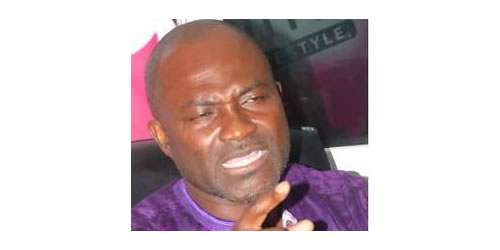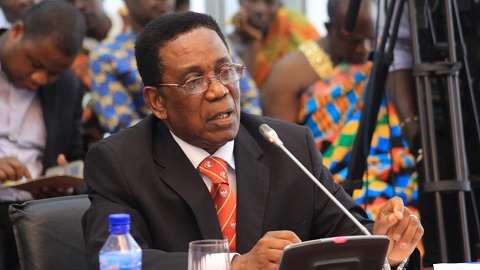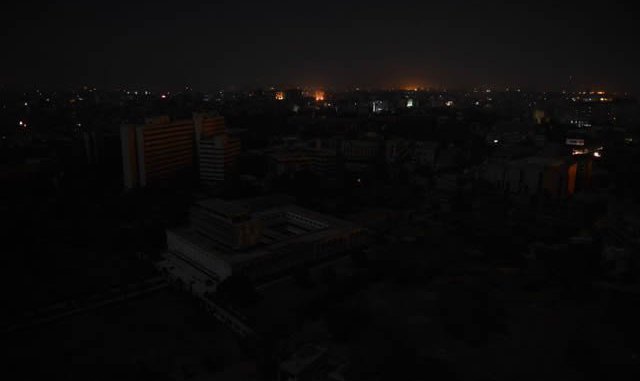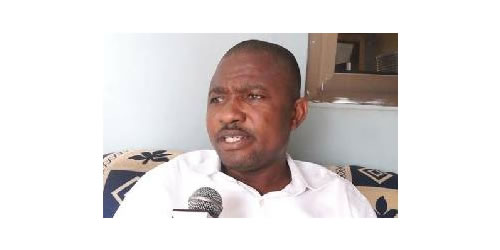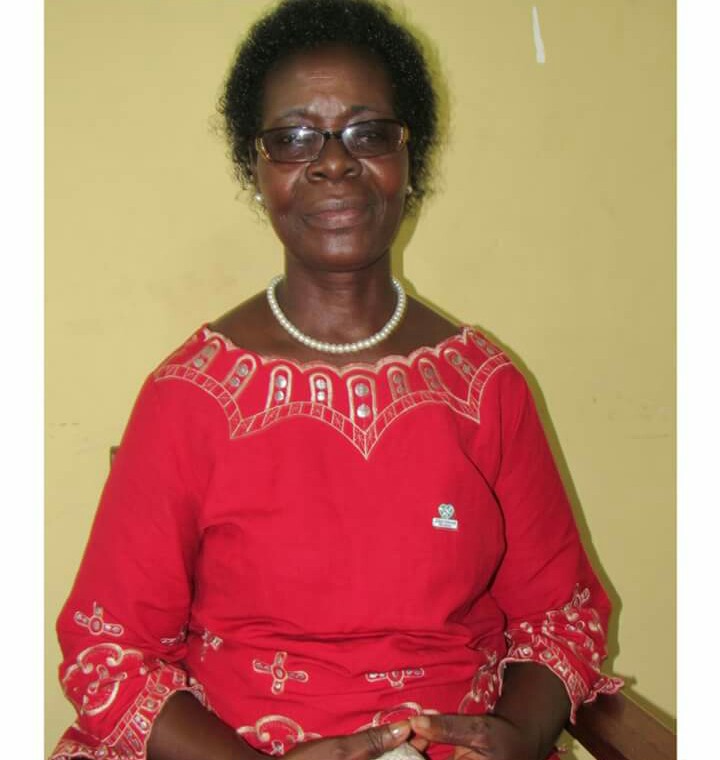Ghana lauds UK’s financial support
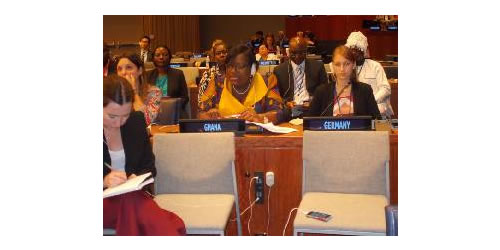
The Minister for Gender, Children and Social Protection, Nana Oye Lithur, has commended Britain’s efforts in giving Ghana financial assistance to help address the issue of sexual and gender-based violence.
She said Britain, with funds from the UK Department for International Development (DFID), in cooperation with the Ghana Statistical Service (GSS), began a study last year on domestic violence for the Domestic Violence Secretariat of the ministry.
Britain, she said, would also give £15 million to Ghana through DFID to support the country’s child protection programmes as part of the post-2015 development agenda.
Nana Oye made the statement when she spoke on “Sexual and gender-based violence in Ghana: Response, prevention and elimination”, organised by her ministry at Ghana’s side event at the ongoing 60th Session of the United Nations Commission on the Status of Women (CSW60) at the UN Headquarters in New York.
The event being chaired by Ghana’s Ambassador and Permanent Representative to the United Nations (UN), Mrs Martha Ama Akyaa Pobee, attracted representatives from other countries and civil society organisations.
Statistics
According to the minister, Ghana recorded 84,142 cases of sexual and gender-based violence nationwide from 2009 to 2013, adding that statistics from the Domestic Violence and Victims Support Unit (DOVVSU) of the Ghana Police Service indicated that 15,426 cases of sexual and gender-based violence with 14,415 assault cases on women were recorded in 2014.
She said the national prevalence rate of harmful traditional practices such as child marriage was 27 per cent, as one in four women, aged between 20 and 49, were married before age 18 in 2011, with the national prevalence rate of female genital mutilation (FGM) being four per cent, according to the Multiple Indicator Cluster Survey (MICS) of 2011.
The minister pointed out that Ghana had adopted a pragmatic approach to end sexual and gender-based violence and that the first-ever specialised unit of the Ghana Police Service, then known as the Women and Juvenile Unit (WAJU), now the Domestic Violence and Victims Support Unit (DOVVSU), was set up in 1998.
Laws
In addition to this, she said, the country had laws; the 1992 Constitution, Criminal Offences Act, (1960), the Criminal Code (1998), the Justice Act, the Human Trafficking Act (2005), and the Domestic Violence Act, (Act 732, 2007), among others, to provide broad policy guidelines and strategies for effective implementation but the continued prevalence cases of sexual and gender-based violence, particularly against women and children, was still a source of concern.
Nana Oye said Ghana had launched a campaign to end child marriage while a series of national and community dialogues were ongoing with key stakeholders and decision makers with civil society groups, all playing key strategic roles in responding to sexual and gender-based violence, and added that as part of institutional arrangements, the Ghana Police Service offered one-stop service for victims of sexual and gender-based violence. The Judicial Service had also established three specialised gender-based violence courts.
Measures in place
She said to increase survivor safety and perpetrators’ accountability, the government had established two gender-based violence response centres in two of the biggest markets in the capital city of Accra, in addition to the setting up of a Domestic Violence Fund to assist in the rehabilitation and re-integration of victims.
Nana Oye, however, said statistics from DOVVSU showed that out of 1,547 sexual and gender-based violence cases sent to court in 2014, convictions were secured for 160 cases, representing 10.3 per cent and asserted that the way forward was to ensure that the laws were enforced and implementation tracked through an effective monitoring system, in addition to building the capacities of law enforcement institutions, social services and healthcare providers.
DV widespread
Presenting the preliminary report on a nationwide research on domestic violence in Ghana, a lead researcher and Study Director of the UK Institute of Development Studies (IDS), Prof. Patricia Justino, mentioned attitudes to domestic violence, determinants and consequence of domestic violence and abuse and access to support services as areas of the study which covered 5,000 households carried by a team of researchers from IDS, and a team from the GSS led by Dr Philomena Nyarko, Director of GSS.
She said the study to be launched officially in May this year established that attitudes against domestic violence were strong and widespread but some definitions of domestic violence were seen as accepted norms with only physical violence between partners consistently perceived as violence and a strong correlation between exposure to domestic violence and mental health, particularly among women.
Earlier, a Gender Activist and a member of the Convention on the Elimination of all forms of Discrimination Against Women (CEDAW), Ms Hillary Gbedemah, was introduced as Ghana’s candidate for re-election to the committee.
She said her vision for CEDAW was that, the body would gain greater visibility and be utilised within the Sustainable Development Goals (SDGs) as a dynamic human rights tool and added that she would continue to bring her 30 years experience to bear on her work as a gender activist.
In separate remarks, the Chairperson for the Gender and Children’s Committee of Parliament, Hajia Laadi Ayamba, said FGM was still taking place in the northern part of the country with some perpetrators migrating to neighbouring countries to undertake the practice and stressed the need for the involvement of authorities in these neighbouring countries to stop the practice.
Her call was also supported by the Ranking Member of the committee, Mrs Gifty Kusi.
Source: Graphic.com.gh

